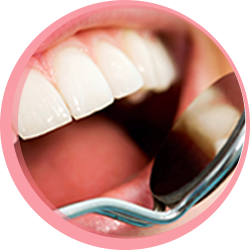Skip to main content
Search for topics or resources
Enter your search below and hit enter or click the search icon.
Treatments
Treatments
Cosmetic Dentistry
Specialty Dentistry
General Dentistry
Transformations
Resources
About Us
About Us
%20(1).png?width=1200&height=1200&name=mc%20logo%20(1)%20(1).png)









.png?width=1080&height=1080&name=Maria%20blog%20(8).png)
.png?width=1080&height=1080&name=Maria%20blog%20(7).png)
.png?width=1080&height=1080&name=Maria%20blog%20(6).png)
-1.png?width=1080&height=1080&name=%7Btemp%7D%20Pink%20Circles%20(9)-1.png)


